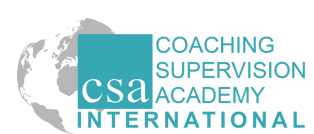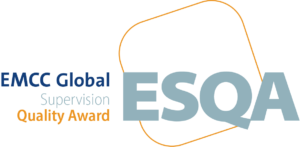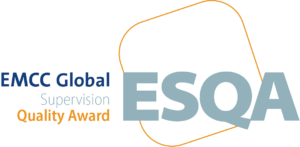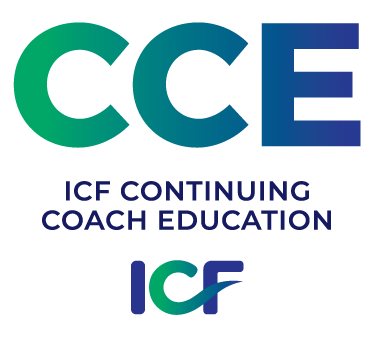CSA Asia Pacific
Like its counterparts in CSA’s supervision training around the world, this rigorous 1-year program centers on creating a lively professional partnership with coaches - one in which they can significantly develop their range and capabilities as a coach and supervisor and return to their work resourced and stimulated. It is highly experiential in its approach while still being supported by teaching, practice and feedback in classic and current supervision theories and models.
Celebrating our 9th Year:
With the Diploma first accredited in 2005, CSA's Faculty membership quickly grew and was able to offer the same Program to an international audience. With a strong team it quickly established a place in the Coaching Supervision community in the Asia Pacific and Chinese region. Adapting to new research and reflecting current thinking in the sector, whilst always modelling the same ethos and high standards for learning.
In the AP program we continue the huge success of previous years, with 2025 offering another opportunity for coaches, supervisors and leaders to develop their skills and practice by becoming accredited graduates of the CSA Diploma in Coaching Supervision.
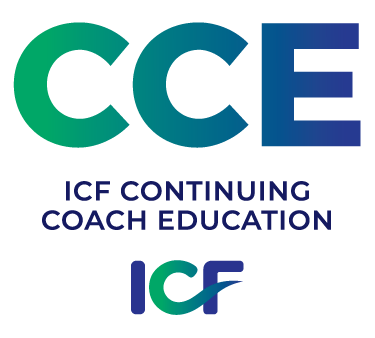
CSA is delighted to have 'Approved Provider' status with ICF and our Diploma Program has been continuously Accredited with EMCC since 2005.
What Distinguishes Our Programme
What distinguishes the CSA Diploma programme is that in addition to a thorough training in classic supervision models, students will be trained in CSA’s Full Spectrum Model of Coaching Supervision.
The Full Spectrum Model incorporates Hawkins & Shohet’s 7-eyed model of Supervision together with core teaching and practice on the Use of Self in Supervision, multi-dimensional Presence work which utilizes the seminal ideas of Sharmer/Senge et al (TheoryU), work with subtle energies , Buddhist Psychology, and quantum physics – a living, relational perspective.
There is also teaching on Coaching Psychology and on Systems Thinking. This broad range ensures that the course is both challenging and holistic. Personal Development for Supervisors is foundational and attention is paid to bringing mature reflective practitioners into the profession.
Programme Dates for 2026 (AP10)
We’re finalising dates for the next CSA Asia Pacific program, if you’d like more information, please contact
Sam Fremantle AP Program Manager direct, or let us know if
you’d like to be notified as soon as details are confirmed.
AP9 Programme Costs
Once confirmed that you wish to join the programme, an invoice will be issued for the deposit payment. Payment of this invoice will secure your place.
The remaining balance is required before the programme commences. An invoice will be raised for the balance before the first module starts.
Please Note: There is an additional cost of approximately $2,000 SGD* for your required supervision sessions which form part of the programme. However, most students are easily able to cover this element by charging for the supervision they provide over the 12-month programme. You will need to have five supervisees and although your rates for this may be reduced when compared to full commercial rates, we find that all parties readily accept the principle of Fair exchange.

Faculty for AP9:
The faculty team below are leading the current programme and there may be some changes for future programmes. We encourage new faculty members to join as they gain experience with their own practice although the core team members are unlikey to change.
